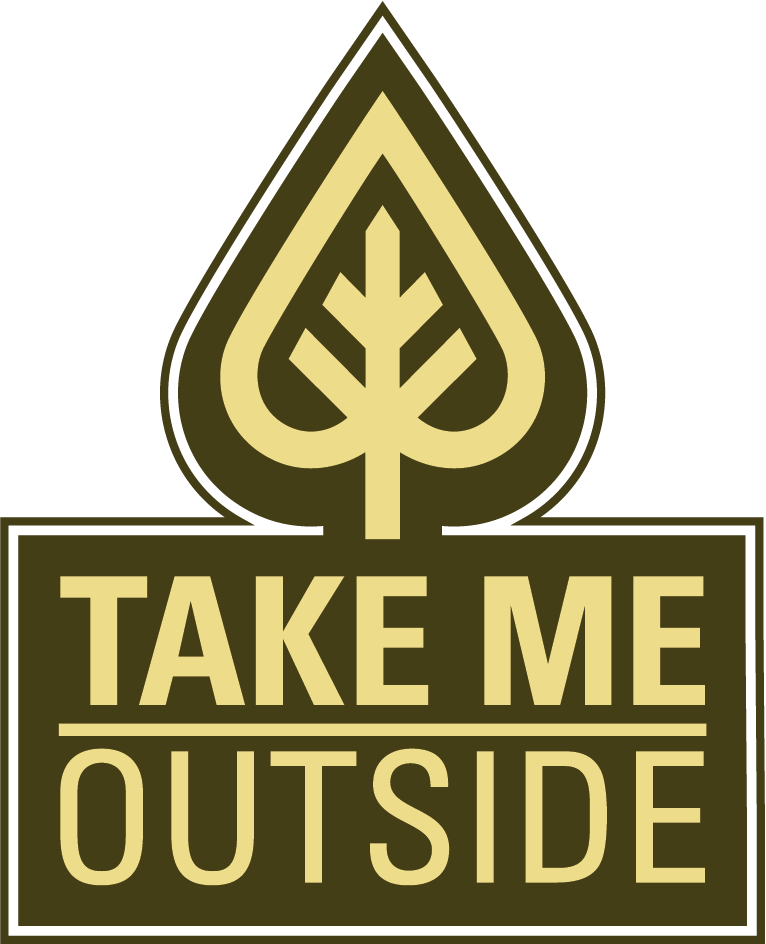43 results for group: indigenous-learning
Traditional Games in the Classroom
This hands on interactive workshop will showcase several traditional games and how they align with current curricula and how they can be a valuable resource. Children of all ages love the games and the learning and teachings are broad and dynamic.
Etaumptumk in the classroom
I will have an outdoor activity that will help take the etuaptmumk into the classroom. I will provide a discussion about how to incorporate indigenous knowledge into a respectful space and to provide an activity about respect for the environment. To create a land acknowledgment that is authentic as a participant, in each territory. I will be sharing how to connect to traditional knowledge and elders but also knowledge keepers and to create a learning environment that is respectful and responsive and an ongoing relationship. I will show how land based learning can be beneficial to all students either indigenous or not. Making connections to the space ...
The Land Acknowledgement as a Seed for Engaging in Etuaptmumk
Inspired by Marie Battiste’s Decolonizing Education, Elder Albert Marshall’s Etuaptmumk, and Anishinabeg community partnerships, the OCSB Indigenous Education team has explored how the land acknowledgment can act as a pathway for K-12 inquiry-based, cross-curricular, holistic learning in an outdoor education setting. The OCSB team will share practical hands-on activities and lesson plans created in collaboration with community partners that can be adapted for your territorial responsibilities.
Core Routines for Connecting and Learning with and on the Land
This session will focus on core routines and resources for land based, outdoor learning and incorporating Indigenous ways of knowing. Experience some of the protocols and strategies that teachers who teach outdoors everyday use to help children connect with land in meaningful ways, and establish intentional, effective outdoor learning environments.
No more playing Indian: Addressing the colonial legacy of Indigenous-themed summer camps in Canada
Through a critical examination of the colonial underpinnings and assumptions of the camping movement in general and Camp Chief Hector specifically, Dr. Brown and Dr. Bensler will reflect on the ways camp shaped their white settler identity and relationship to Indigenous peoples and Land. They will share their stories of how the colonial curriculum at camp taught them a version of history that upholds white-settler colonial dominance and maintains Indigenous peoples’ invisibility. They will also suggest ways that camps can take accountability for their past and move forward more ethically and responsibly, based on their experience in a reconciliat...
Kapabamayak Achaak Healing Forest- Live, Learn, Heal
The presenters will gather in a circle on the land. Our Elder will share circle teachings and smudging protocols. Participants will be invited to participate in a smudge. The presenters will provide a brief history of the project and provide examples of land-based practices shared with many visitors to the site such as Indigenous ways-of-knowing and methodologies, environmental sustainability and wellness on the land. Our Elder will share a traditional teaching of how the board works together and the presenters will discuss the collaboration between a diverse group of people who are First Nations, Metis, White, religious and secular, all with a ...
Red River Métis Environment and Climate Change Education
The Manitoba Métis Federation (MMF), the National Government of the Red River Métis, will engage delegates in a hybrid workshop to, first, gain a deeper understanding of the Red River Métis and their unique history in Canada. Then, showcase hands-on, cultural activities as part of the MMF’s Métis Environmental Leaders of Tomorrow (MELT), Métis Community-Based Climate Monitoring (MCBCM), and Stewards of the Homeland (SOHP) Programs in an outdoor setting; MELT has a focus on environment and climate change education for Youth in grade school (K-12), MCBCM has a focus on environment and climate change education and monitoring for Citizens, and SOHP ...
Braiding Indigenous and Forest School Epistemologies on the Land
Join us, Dorothy Thunder and Tiffany Smith, on the land as we share with you how we braid Indigenous and Forest School epistemologies into relationship building with ourselves, each other and the land at our land-based education program, Blossoming Flower. Workshop participants will gain hands-on experience as they participate in activities the same way our program participants would. The presenter team will reflect on building relationships between Indigenous Knowledge Holders and non-Indigenous educators. Workshop attendees will also have the opportunity to reflect on their practice and experience, and ask questions.
Listen, Heart, Imagine, Reciprocate, Repeat!
In working towards rebuilding a connection with Land, let’s pay attention to some of the colonial-isms perpetuated while learning outdoors, and recalibrate through sound advice from more-than-humans, place, and Indigenous perspectives. This, of course, is in no way comprehensive! However, the session proposes hands-on activities, stories, and learnings, relating to the lost connection with Land, and the ability to do on the spot reflexivity. Participants will leave with ready-to-use lessons/activities featuring senses, imagination, and reciprocity, as well as a better understanding of little things we must ponder while outdoors.
Tipi Teachings and Balanced Living
Putting up a full size tipi with participants - learning about the history and the significance of the tipi.




